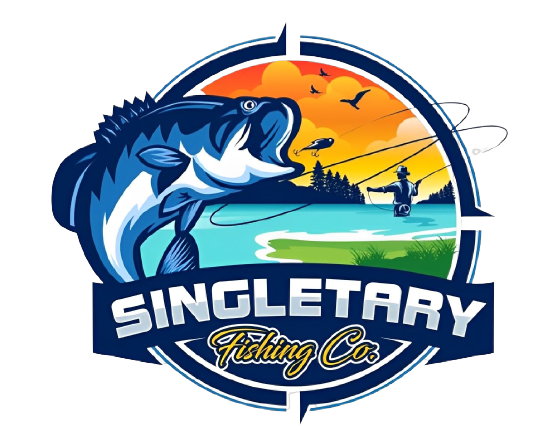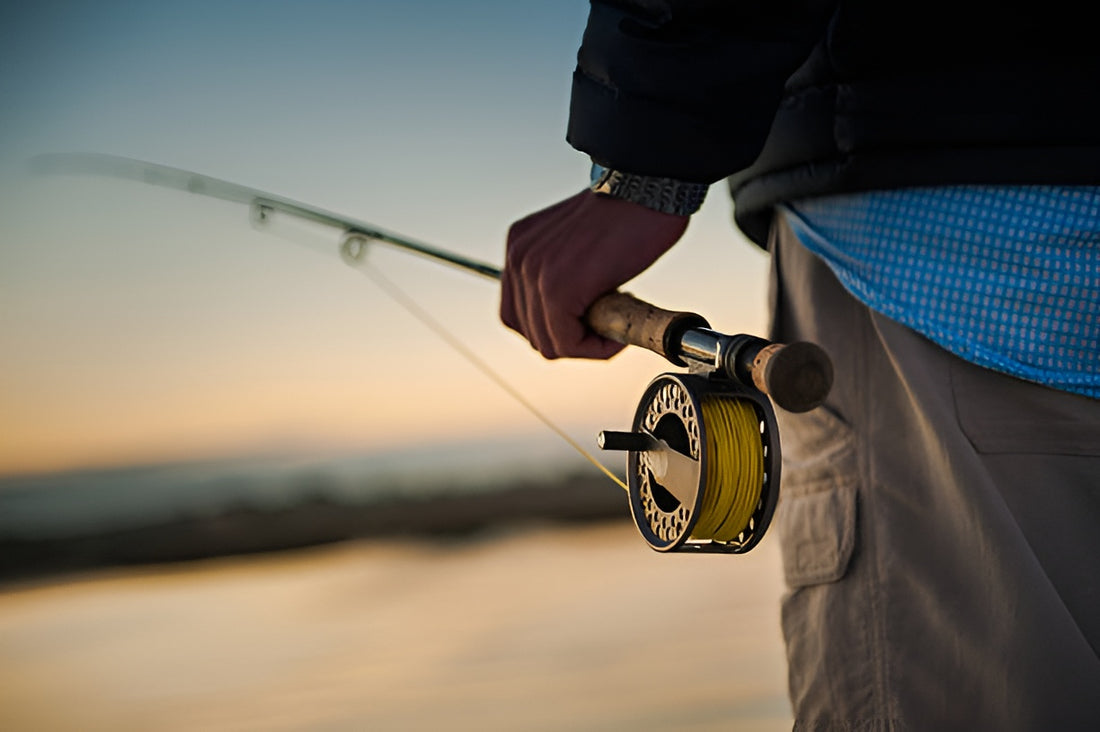Are you ready to cast your line and embark on a thrilling fishing adventure? Fishing is not just a recreational activity; it's a skill that can be enjoyed by people of all ages. Whether you're a complete novice or have dabbled in fishing before, these ten essential tips will help you get started and improve your fishing game. From choosing the right equipment to understanding the best techniques, this comprehensive guide will set you on the path to becoming a successful angler.
1. Selecting the Right Fishing Equipment
To begin your fishing journey, it's crucial to choose the right equipment. Consider factors such as the type of fish you want to catch, the fishing location, and your budget. Investing in a quality fishing rod, reel, fishing line, and hooks will enhance your fishing experience and increase your chances of success. Don't forget to check local regulations regarding fishing gear and restrictions.
2. Understanding the Different Fishing Techniques
Fishing offers a variety of techniques to suit different environments and target fish species. Whether it's bait fishing, lure fishing, fly fishing, or ice fishing, each technique requires specific skills and equipment. Take the time to research and practice different techniques to discover which ones resonate with you and the type of fishing you want to pursue.
3. Learning Basic Knots and Rigging
Knowing how to tie reliable knots and rig your tackle properly is essential for successful fishing. Learn popular knots like the improved clinch knot, palomar knot, and uni knot. Additionally, familiarize yourself with different rigging setups such as the Carolina rig, Texas rig, and drop shot rig. Properly rigged tackle will ensure your bait or lure is presented effectively to attract fish.
4. Identifying Fishing Hotspots
Fish are not distributed evenly in every body of water. Understanding their habitats and behavior will help you locate fishing hotspots. Look for areas with structure, such as submerged rocks, fallen trees, and weed beds, as these often attract fish. Additionally, pay attention to water temperature, currents, and weather conditions, as they influence fish movement and feeding patterns.
5. Choosing the Right Bait and Lures
Selecting the appropriate bait or lures can make a significant difference in your fishing success. Research the preferred food choices of your target fish species and match your bait or lures accordingly. Natural baits like worms, minnows, and crickets work well for many freshwater species, while artificial lures imitate various prey and can entice predatory fish.
6. Practicing Patience and Observation
Fishing requires patience and keen observation. Take your time, be quiet, and observe the water's surface for signs of fish activity, such as jumping fish or ripples. Pay attention to birds, as they often feed on small fish and can indicate the presence of larger fish below. Patience is key, as fish may not always bite immediately. Stay focused, and the rewards will come.
7. Understanding Fishing Regulations and Conservation
Before you head out for a fishing trip, familiarize yourself with local fishing regulations and conservation practices. Respect catch limits, size restrictions, and closed seasons to ensure the sustainability of fish populations. Practice catch and release whenever possible, and handle fish with care to minimize harm. By being a responsible angler, you contribute to the preservation of our precious aquatic ecosystems.
8. Staying Safe on the Water
Safety should always be a priority when fishing. Wear a properly fitted life jacket, especially when fishing from a boat or in unfamiliar waters. Be aware of weather conditions and any potential hazards, such as strong currents or slippery rocks. Let someone know about your fishing plans and approximate return time for added security. Remember, a safe fishing trip is a successful one.
9. Learning from Experienced Anglers
Engage with experienced anglers, join fishing communities, and read fishing blogs or magazines to gain insights and knowledge. Attend fishing workshops or seminars to learn from professionals who can provide valuable tips and tricks. Networking with fellow anglers is an excellent way to discover new fishing spots, techniques, and equipment recommendations.
10. Embracing the Joy of Fishing
Above all, fishing is meant to be enjoyable and relaxing. Embrace the tranquility of nature, appreciate the beauty of your surroundings, and savor the thrill of a successful catch. Don't focus solely on the end result; relish the entire experience, whether you catch fish or not. Fishing is a lifelong journey of discovery and connection with the great outdoors.
Conclusion
Fishing is not just a hobby; it's a gateway to a world of adventure, tranquility, and connection with nature. By following these ten essential fishing tips for beginners, you'll be well-equipped to embark on your fishing journey with confidence. So, seize the opportunity, cast your line, and immerse yourself in the captivating world of fishing. Tight lines and happy angling!


2 comments
Nice
Great list!